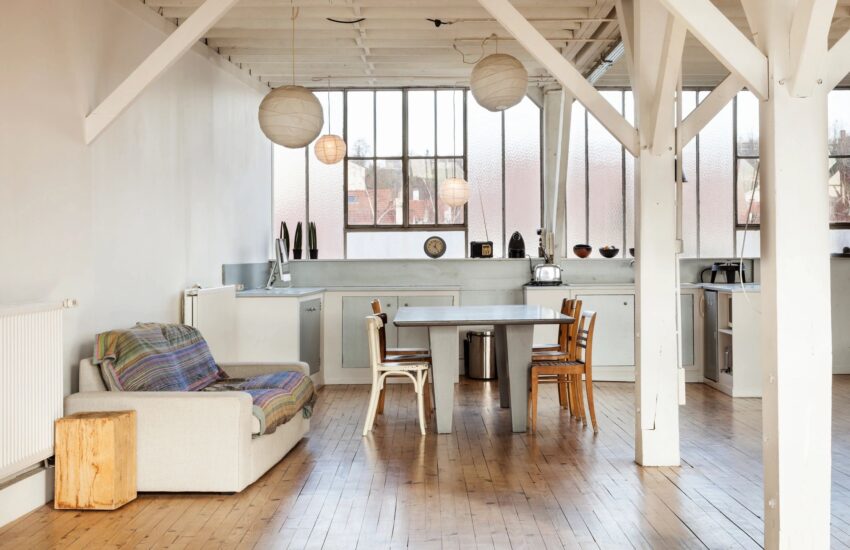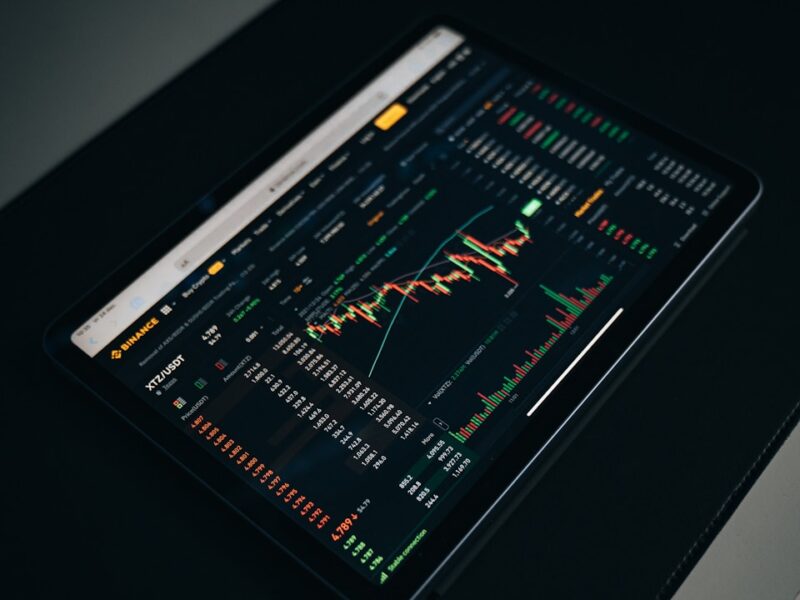Real estate is always a good investment, and that’s especially true in today’s competitive housing market. There are simply more people looking for housing than there is housing available, especially in desirable areas. If you have the money to invest, a rental property could provide a steady stream of income and hedge your portfolio against inflation and market volatility.
And how can you finance the purchase of a rental property? The same way you financed the purchase of your primary residence – with a mortgage. You’ll need a higher down payment in order to get a mortgage for a rental property, and a high credit score doesn’t hurt, either. You’ll also need to be able to prove to lenders that you’re financially sound enough to handle being a landlord, which means showing that you have savings to cover periods of vacancy, repairs, and renovations. Here’s how to get a mortgage to buy a rental property.
Fix Up Your Credit
As with any mortgage loan, the higher your credit score, the lower your interest rate will be on a loan for a rental property. That said, you can expect to pay higher interest rates when you take out a loan to buy a property you intend to rent out. However, interest rates are low right now and your interest rate on your rental property mortgage will reflect that.
Theoretically, you could get a loan for a rental property with a credit score as low as 620, but not all lenders will be willing to make a rental property loan to a borrower with a score that low. Ideally, you want a credit score of at least 740 to get the best rates from mortgage lenders in Virginia Beach and other desirable areas. Fix your credit score by disputing errors, paying bills on time, keeping your credit utilization ratio under 30 percent, keeping old accounts open, refraining from opening new credit accounts, and settling any collections items on your report.
Save Up a 20 Percent Down Payment
When you buy a house to live in yourself, you can get away with a mortgage down payment of as little as three percent. That won’t be enough to get you the keys to a rental property. Lenders like to see down payments of at least 15 percent, but you’ll be more likely to get a loan with a down payment of 20 or 25 percent. That’s because you can’t get private mortgage insurance (PMI) to protect a loan on an investment property, like you can on a primary residence.
Save Money for Repairs and Vacancies
Being a landlord can get expensive. You’re responsible for doing emergency repairs in a timely fashion and performing renovations between tenants to keep the house up to date. You may have to pay for professional cleaning of the property between tenants. The unit may sit vacant for months between tenants, leaving you to cover the mortgage payment out of your own pocket.
For all these reasons, it’s a good idea to save at least three to six months’ worth of mortgage payments and perhaps a few thousand more to cover emergency repairs and renovations to the property. Not only is it a good idea, most lenders will require you to show these kinds of cash reserves to prove that you’re financially prepared for the responsibility of owning and managing a rental property. Plan to put aside a portion of the rent each month so you can continue to cover ongoing expenses related to your rental property.
Pay Off Consumer Debt
Lenders will use your debt-to-income (DTI) ratio to determine your creditworthiness and your financial capacity to take on another mortgage payment. Your DTI represents the percentage of your income that goes straight to paying off debt each month – whether that’s credit card debt, student loan payments, a mortgage on your primary residence, a car payment, or what have you. Ideally, you should have a DTI of 36 to 45 percent to qualify for a mortgage on an investment property. In some cases, lenders are willing to count your prospective rental income towards your total income for the purposes of calculating your potential DTI if the loan is approved. They’re more likely to do this if you have some experience as a landlord.
Getting a mortgage to buy a rental property is a little harder than getting one to buy a primary residence, but it’s definitely doable as long as you have enough money saved, a high enough credit score, and a low enough DTI. Your rental property will give you a steady income, and that’s not to be sneezed at in this economy.



